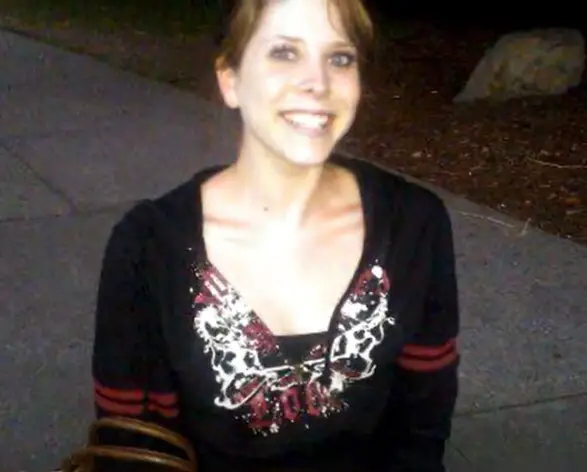Jessie Peterson, a 31-year-old woman from Sacramento, California, was reported missing by her family after she checked into Mercy San Juan Medical Center in April 2023 for complications related to her Type 1 diabetes. Jessie had called her mother, Ginger Congi, asking to be picked up after two days. However, when Ginger contacted the hospital on April 11, she was told Jessie had checked herself out against medical advice. Concerned for her safety, Jessie’s family launched a search, involving both the police and the California Department of Justice, but their worst fears were confirmed nearly a year later.
In April 2024, the Sacramento County Sheriff’s Office informed Jessie’s family that she had actually died just two hours after making that final call to her mother. Despite this, her body had been left in a cold storage facility for nearly a year, without the family’s knowledge. The delay in notifying the family was compounded by the fact that Jessie’s death certificate was not filed until 361 days after her death, a clear violation of California’s requirement for physicians to file death certificates within 15 hours.
The Peterson family has since filed a lawsuit against Mercy San Juan Medical Center, accusing the hospital of “outrageous and inexcusable negligence.” Their attorney, Marc R. Greenberg, expressed outrage over the handling of Jessie’s case, emphasizing that the family deserves justice for the mishandling of her death. The lawsuit also points out inconsistencies in medical records, questioning how certain procedures could have been conducted after Jessie had already passed away.
Dignity Health, the operator of Mercy San Juan Medical Center, has not commented on the specifics of the lawsuit, citing pending litigation. However, they extended their sympathies to the Peterson family during this difficult time. The case has drawn significant attention to the importance of proper communication and documentation within medical facilities, especially when dealing with vulnerable patients and their families.




